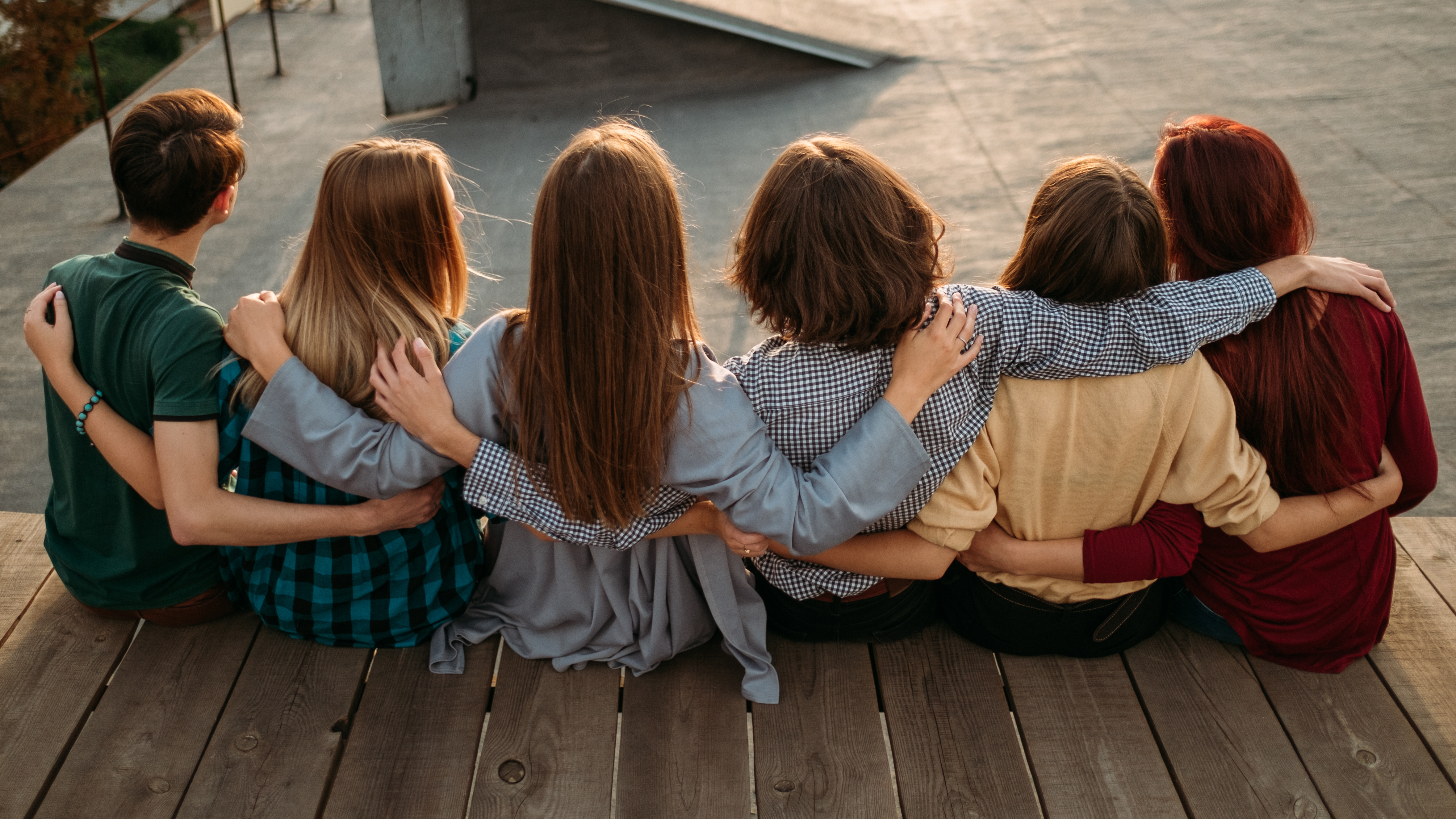Cancer treatment, and adjusting to life after cancer treatment, can be tough. It can really help to have some support during this time.
Where can I find support?
Support can come from many places. Other teens say they find support from:
- family
- friends
- teachers and their school
- their workplace and co-workers
- their religious community
- other teens or young people who have survived cancer (in person or online)
- members of their health-care team
How can I get the most from my support systems?
Together, all of the different people who offer you support make up your support system. Support can come in many forms. People can offer you support by giving you information; by helping you get to appointments, school or work; or by accommodating any special needs you may have. They can also offer you support just by listening, making you laugh, trying to understand what you are going through, and being there for you when you need them.
These tips will help you get the most from your support systems.
- Recognize what kind of support you need. Do you need information to help you make decisions for your future? Do you need someone to share your feelings with? Do you need help dealing with a physical or mental side effect from cancer treatment? Or, maybe, do you just need someone to spend time with?
- Look at what supports are available. Is there anyone in your support system who can provide the kind of help you need? Your parents, a trusted friend, or a member of your health-care team are all potential resources. They can also help direct you to other sources of support.
- Ask for support. This can be difficult, but remember that people often want to help even if they don't know how. For more tips on asking for support and communicating with your support system, check out the section on communication.
Is it ok to need support after cancer treatment is over?
Yes! During treatment, you had frequent contact with your health-care team. It may not have been fun going for appointments, therapies, and hospital visits, but your health-care team was there to support you and your family every step of the way.
Naturally, many people feel a bit lost when that frequent contact ends. It is common for you and your loved ones to need some support as you adjust to and discover your "new normal".
Aside from your own support systems, your community or the internet may offer some possibilities for support as well.
Community supports
Ask your health-care team, especially a social worker (if you are connected to one), to recommend groups in the community that may offer support or services that can benefit you. These supports can be diverse and might include exercise classes offered to people with physical restrictions, or cancer emotional support groups. Explore what your community has to offer.
Online supports and resources
Many teens find that the internet is a great tool for connecting with other teens who have had similar experiences, and for finding out about local programs and events. If you are going online to search for supports, ask your health-care team to recommend websites. Don’t forget to ask them any questions that come up from exploring the resources you find on the internet. For tips on accessing trusted information online and searching the web safely, check out Session 5 (link).
American Cancer Society Cancer Survivors’ Network: A discussion forum dedicated to young cancer survivors.
Cancer Fight Club (for young adults): An online community for young adults facing, or who have survived, cancer.
JTV Cancer Support (from the UK): Programs and videos (both serious and funny) about life with cancer
Stupid Cancer - I'm all alone (For older teens): A forum dedicated to young adult cancer survivors that also offers resources, information and access to the popular “Stupid Cancer Show”.
Teenhelp: An organization that provides anonymous support and advice to young people of all ages and all walks of life, all around the world.
Young Adult Cancer Canada (for young adults): A forum for young adults who have been diagnosed with cancer, offering information about conferences and events held just for young cancer survivors.
13Thirty Cancer Connect: An online community and resource created by teens in the US.

